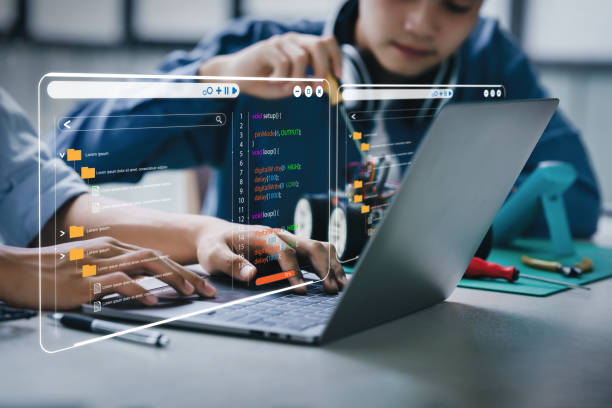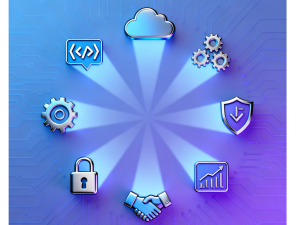In 2025, coding education has left the confines of textbooks and clunky LMS platforms. It’s gone social. Platforms like Discord, Reddit, and TikTok are turning into powerful tools for students learning to code and the movement is accelerating.
From Formal Courses to Interactive Communities
While structured coding courses and computer science degrees still offer foundational knowledge, students today crave dynamic, peer-driven learning environments. Traditional methods are now being enhanced or even replaced by vibrant online communities where code is shared, feedback is instant, and support is just a message away.
Discord: Real-Time Coding Collaboration
Discord has emerged as one of the top social coding platforms. Students join developer servers focused on specific languages like Python, JavaScript, or Rust. Inside, they:
- Share live code snippets
- Get help debugging issues
- Participate in real-time coding challenges and hackathons
The immediacy and interactivity of Discord replicate the collaborative spirit of a live classroom, minus the overhead.
Reddit: Deep Dives and Peer Advice
Reddit offers long-form, crowd-sourced knowledge. Popular subreddits like:
- r/learnprogramming
- r/coding
- r/cscareerquestions
These are filled with tutorials, real-world advice, and inspirational stories from beginner to professional. Students use these threads to troubleshoot problems, share resources, and explore programming careers.
TikTok: Quick Learning for a Short Attention Span
TikTok’s growth in educational content is staggering. Coding creators now use the platform to share:
- “60-second JavaScript tips”
- “How I built a game in Python” series
- Fast, visual explanations of key concepts like recursion or API integration
These bite-sized lessons cater perfectly to busy students looking to absorb programming tips during downtime.
Why Social Coding Works for Today’s Students
This social-first approach is more than just trendy — it’s effective:
- Fast Support: Students get real-time help from peers worldwide.
- Peer Motivation: Seeing others succeed using free tools is deeply inspiring.
- Community Learning: Collaborative challenges like Discord sprints or Reddit AMAs deepen understanding.
- Relatable Content: Student creators speak the same language, both technically and culturally.
Results That Matter
Many students learning through social coding platforms report:
- Building MVPs in Discord-based sprint groups
- Landing internships through peer networks
- Learning new languages like React or TypeScript via TikTok tutorials
Some even showcase personal projects online, attracting freelance offers or mentorship opportunities from real-world developers.
The Hybrid Learning Model: Social + Structured
While social learning is powerful, it doesn’t replace the need for structured study. Instead, students are creating hybrid paths:
- Taking a course on platforms like Coursera or Udemy
- Using Reddit for deeper exploration
- Joining Discord for support and feedback
- Finding quick fixes and creative examples on TikTok
This “choose-your-own-adventure” approach empowers learners to explore, build, and grow on their terms.
What Educators Can Learn from the Shift
Students aren’t rejecting education, they’re rejecting isolation.
Educators can take a cue from social platforms by:
- Embedding community tools into LMS platforms
- Promoting peer-led coding labs
- Curating TikTok-style tutorials to reinforce core concepts
By legitimizing these channels as real learning tools, schools can meet students where they are and turn passive users into active programmers.
Final Thoughts
The future of coding education isn’t just about lines of code, it’s about connection. With platforms like Discord, Reddit, and TikTok, students are turning learning into a shared, social experience.
For students today, coding is more than a skill. It’s a community.





